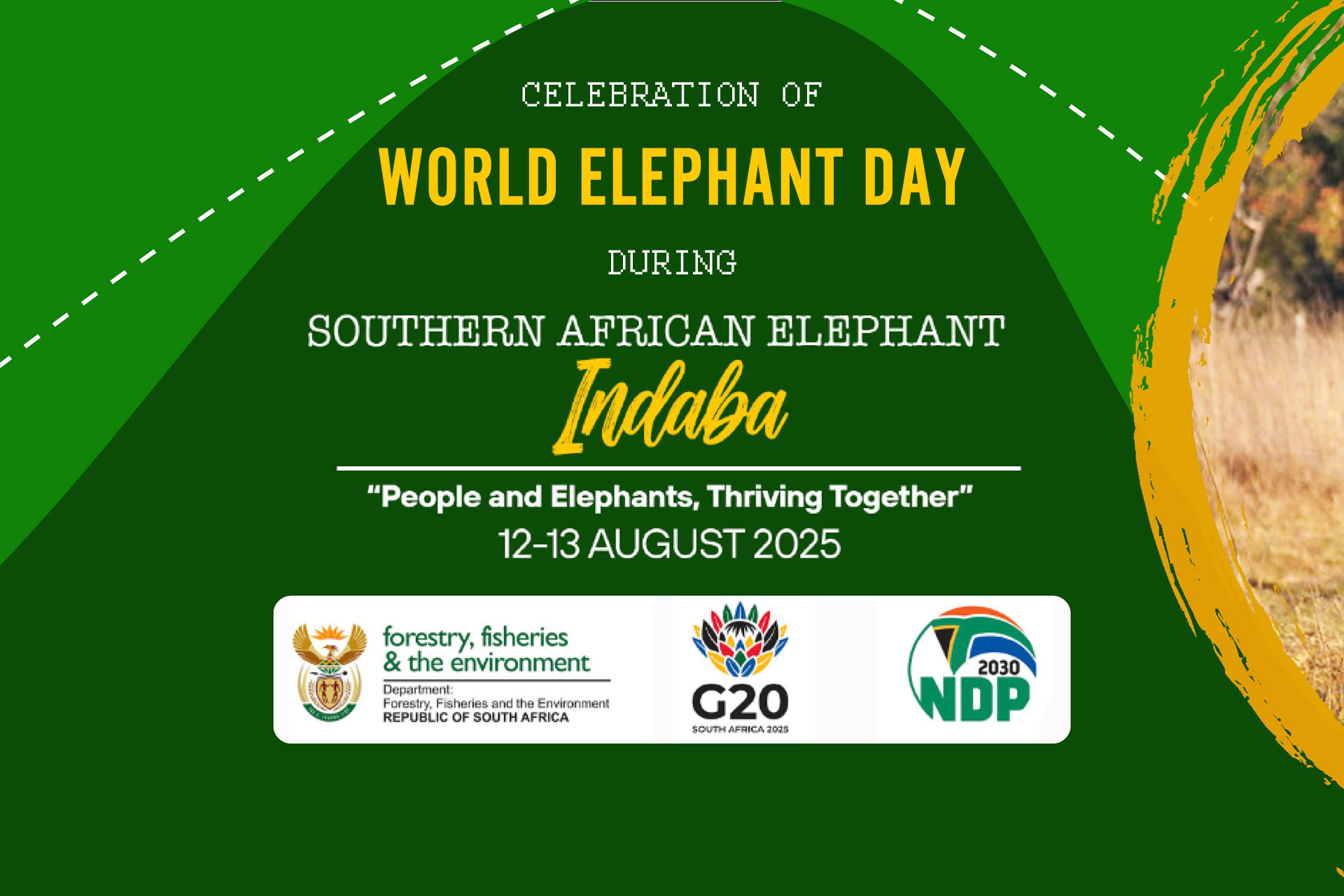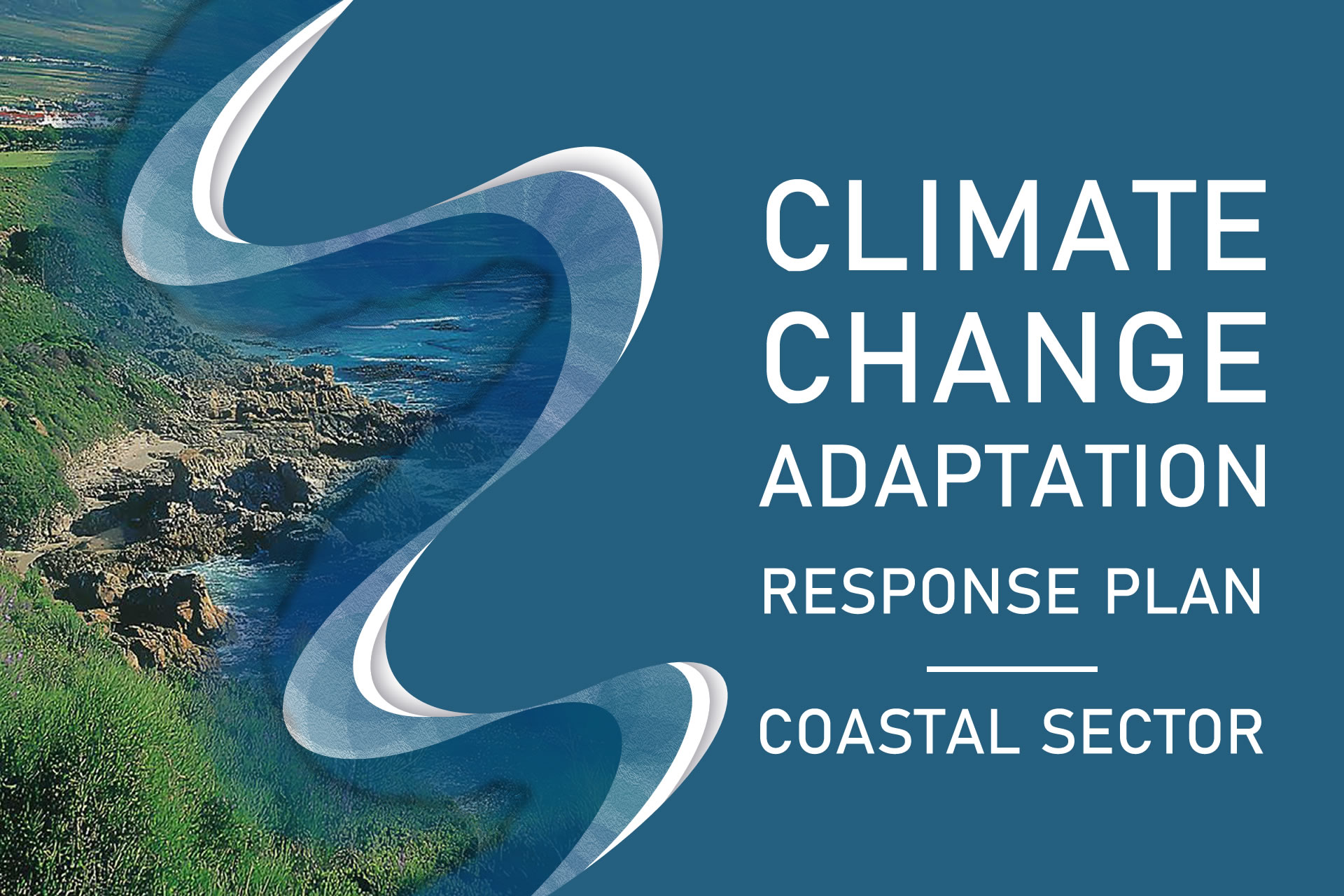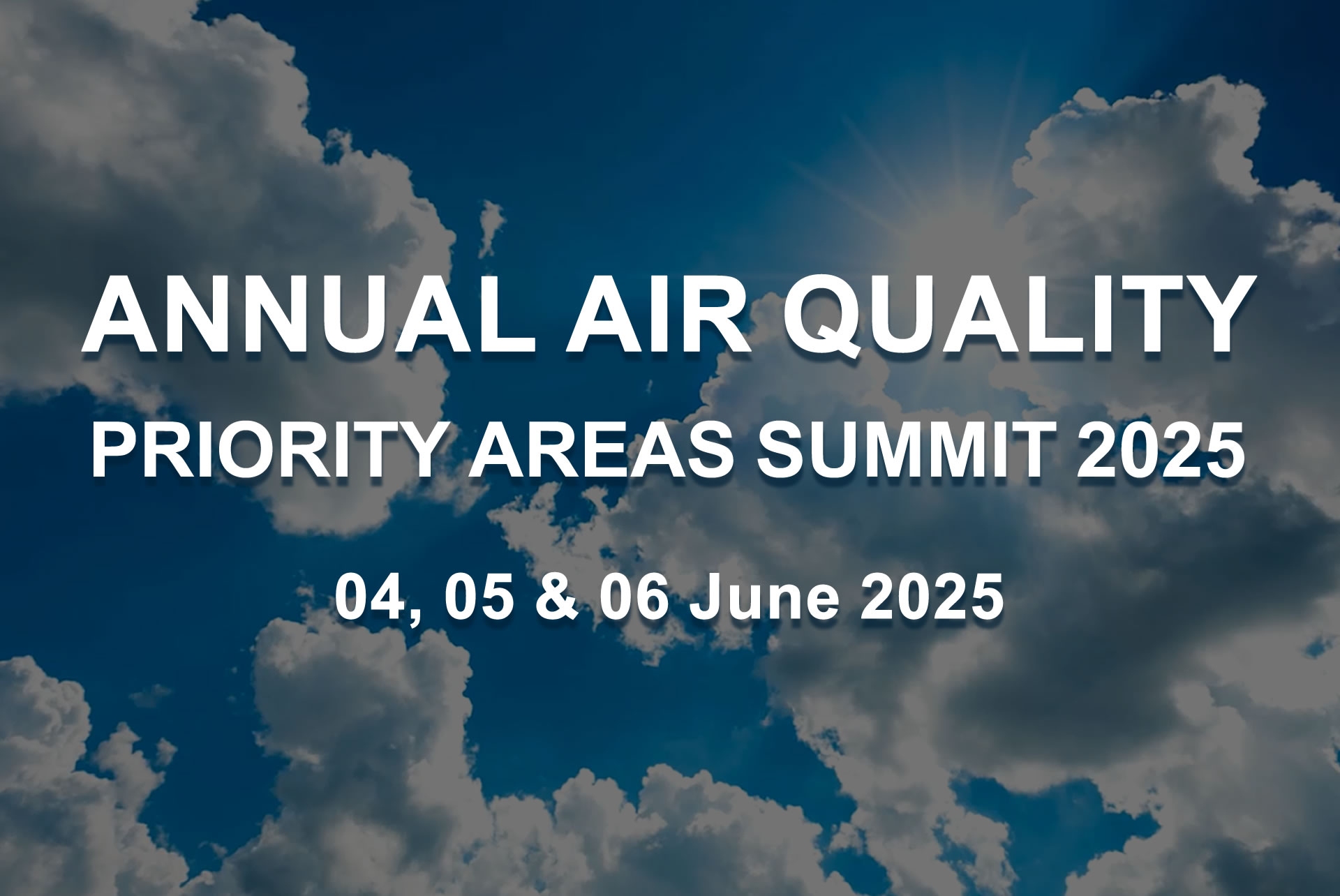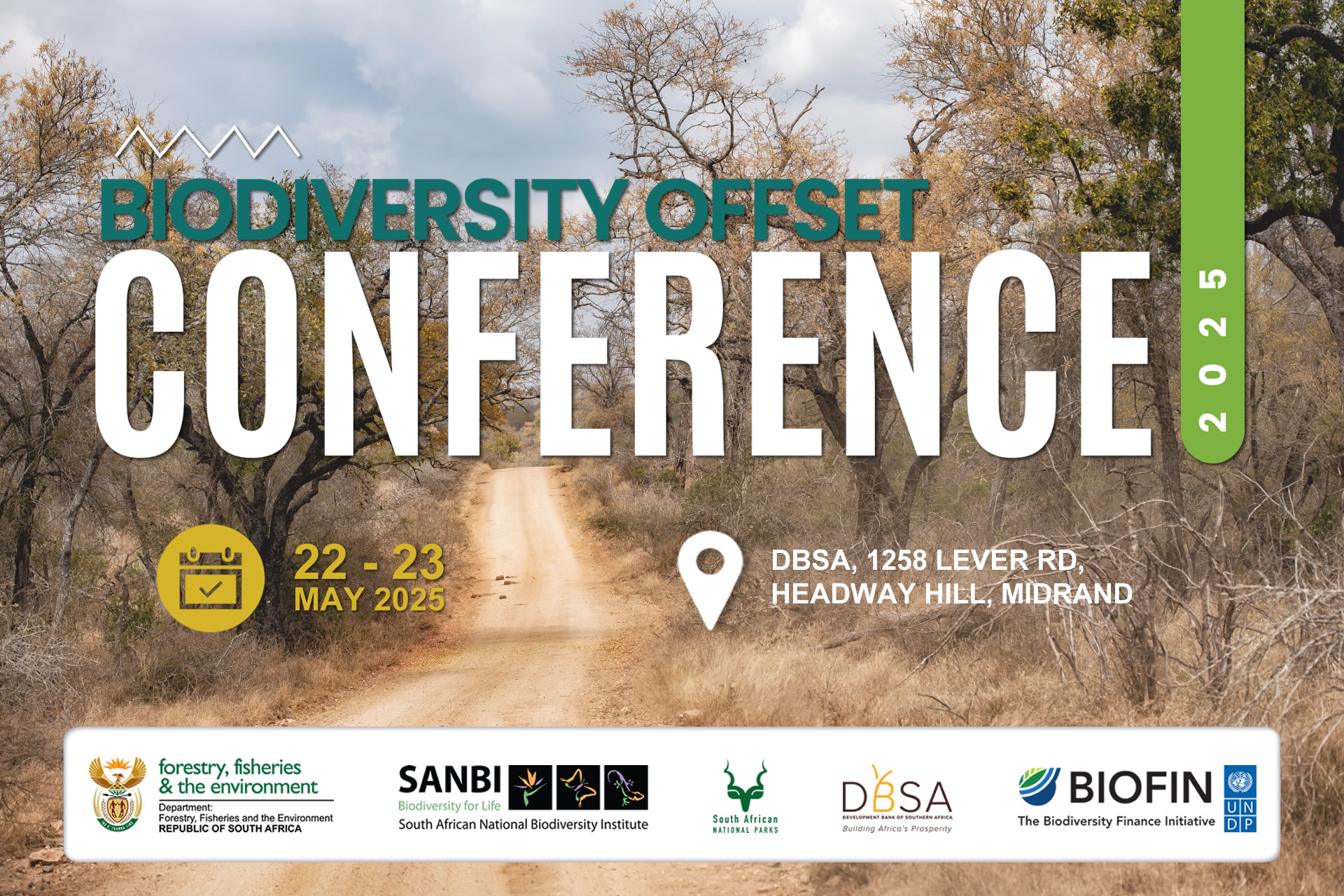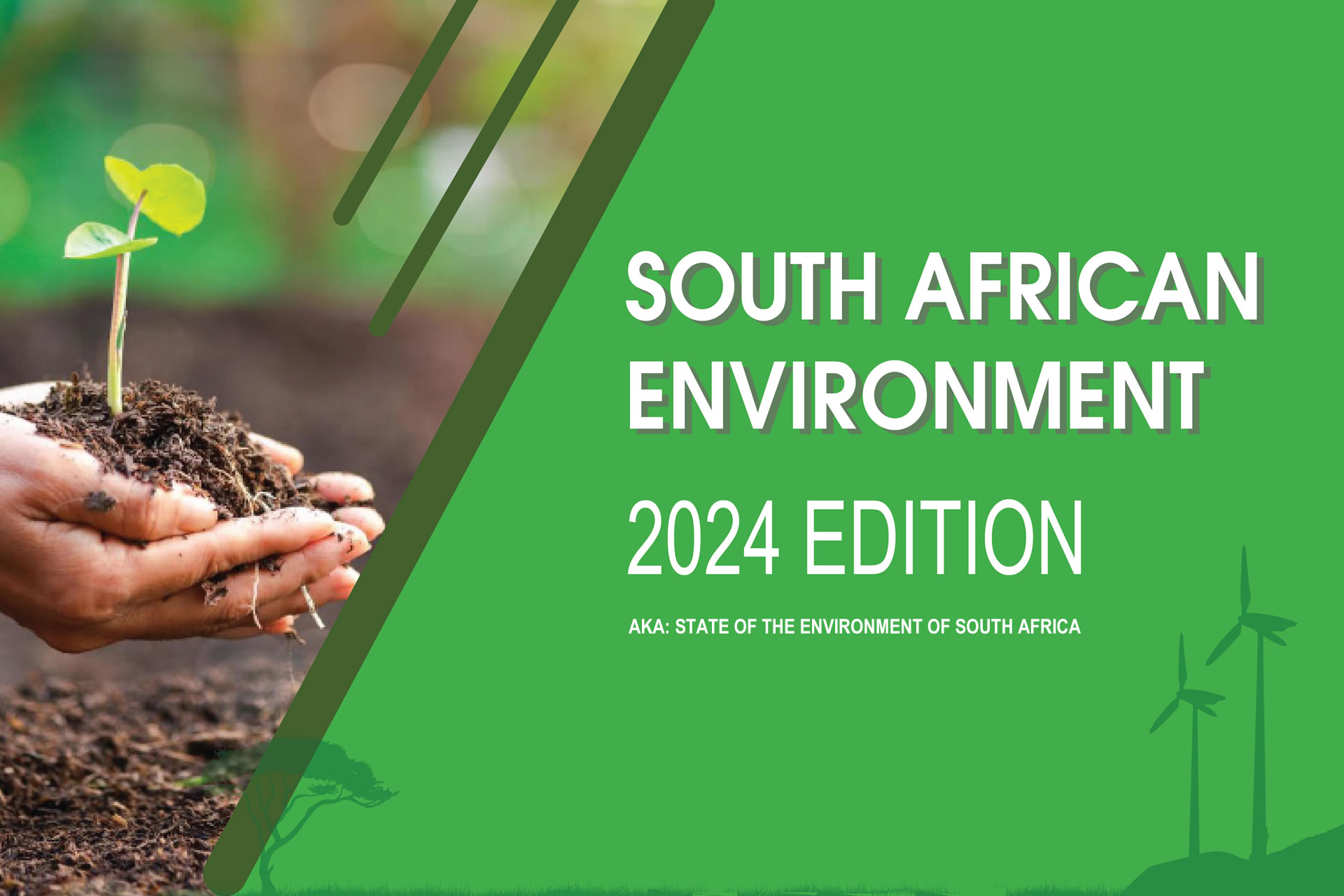G20 Environment and Climate Sustainability Working Group
Solidarity Equality Sustainability
ENVIRONMENT AND CLIMATE SUSTAINABILITY WORKING GROUP (ECSWG)
WELCOME
MESSAGE FROM MINISTER D GEORGE, DR
THE MINISTER’S COUCH
INTRODUCING NEW YOUTUBE ENVIRONMENT SERIES. CONVERSATIONS WITH KEY LOCAL AND INTERNATIONAL FIGURES FOCUSING ON ENVIRONMENTAL MANAGEMENT, CONSERVATION AND PROTECTION WITH VIEW TO ELEVATE MOST PRESSING ENVIRONMENTAL ISSUES
"GLOBAL PROBLEMS ARE MOVING FASTER THAN THE INSTITUTIONS DESIGNED TO SOLVE THEM
"
Poverty, unemployment, hunger, inequality, environmental degradation, and climate change are but a few of the complex issues challenging the world today.
INTRODUCTION
Environmental protection, ecosystem restoration, and climate change mitigation and adaptation, however, can serve as key solutions in addressing several of these challenges. The impacts of biodiversity loss, pollution, soil erosion, ecosystem degradation, and the interlinkages with the severe impacts of climate change have rippled across the globe, affecting fauna and flora, livelihoods, and vital ecosystem services to people.
The OVERARCHING OBJECTIVE of the G20 ENVIRONMENT AND CLIMATE SUSTAINABILITY WORKING GROUP (ECSWG) is to advance the environmental dimension of the 2030 Agenda for Sustainable Development and its SDGs through a number of priorities and deliverables.
PRIORITIES
The ECSWG will broadly focus on five key priorities
i.
Biodiversity and conservation
National Biodiversity Strategies and Action Plans (NBSAPs) are the main instruments for implementing the Convention on Biological Diversity (CBD) at national level. National reports are the main instruments for monitoring and reviewing implementation of the CBD and Global Biodiversity Framework (GBF).
ii.
Land degredation, dersertification and drought
Land degradation is the result of human-induced actions that exploit land, causing its utility, biodiversity, soil fertility, and overall health to decline. Land is being degraded rapidly worldwide. Ensuring food security for a growing global population requires healthy land resources and flourishing ecosystems.
iii.
Chemicals and waste management
The global demand for pesticides and industrial chemicals continues to grow, and accessibility of relevant information on associated risks to human health and the environment remains a challenge. Inaccessibility of safe, appropriate, and affordable chemicals and non-chemical alternatives compound these risks.
iv.
Climate change and air quality
Climate change adaptation involves actions to reduce vulnerability to climate impacts, such as extreme weather, sea-level rise, biodiversity loss, and food and water insecurity. At national and international levels, adaptation requires policies, large-scale infrastructure improvements, early warning systems, insurance for climate risks, and protections for ecosystems. On the other hand, most people across the globe are exposed to unhealthy levels of air pollution which, extend beyond health, affecting climate, biodiversity, ecosystems and economic development. There is an opportunity to drive climate resilience and economic growth through measures aimed at reducing air pollution.
v.
Oceans and coasts
Marine spatial planning (MSP) offers an integrated approach to improving the rational planning, management and governance of the ocean space and marine resources. MSP improves decision-making and enables the co-existence of different human activities while protecting the environment. It may be imperative to build on what is achieved to share global experiences that would improve the developed toolkit to adapt to various unique socio-economic circumstances, including from, for, and in developing countries. Therefore, the G20 may be a platform to exchange best practise in establishing marine area plans and marine protected areas.
SCHEDULE | PROGRAMME
The G20 ECSWG aims to enhance cooperation amongst all G20 members and invitees to address environmental and climate change priorities. Three (3) ECSWG meetings and one ministerial meeting are envisaged to increase coordination and cooperation between G20 members, with a view of identifying concrete and innovative solutions to environmental and climate challenges.
|
ECSWG Meetings |
Date |
Venue |
Event details |
|
1st Meeting |
25 – 28 March 2025 |
Virtual |
4-day session via WEBEX |
|
2nd Meeting |
14 – 18 July 2025 |
Kruger National Park, Mpumalanga |
4-day session Half day site visit |
|
3rd Meeting |
13 - 17 October 2025 |
Cape Town, Western Cape |
4-day session Half day site visit |
|
Ministerial Meeting |
2-day session 1 day site visit at Kirstenbosch National Botanical Gardens or Table Mountain |
K.I.S.S
Kruger - Kirstenbosch - iSimangaliso Iconic Status Strategy (KISS): reforming these iconic sites into world-class destinations that set new standards for conservation, education and sustainable tourism. Kruger National Park, Kirstenbosch and iSimangaliso are positioned to host key G20 meetings to showcase these world-class sites on the global stage. Throughout the 7th Administration we will reimagine each of our botanical and zoological gardens of the future.
It will involve integrating cutting-edge technologies, enhancing visitor experiences, and implementing innovative conservation practices. By modernising infrastructure and embracing digital innovations, we aim to transform these destinations into more accessible and engaging experiences for all visitors, both local and international. Elevating these iconic sites will inspire a deeper appreciation for our environment and reinforce South Africa's leadership in global conservation initiatives.
MULTIMEDIA
K.I.S.S
Kirstenbosch Botanical Garden
Kirstenbosch National Botanical Garden is acclaimed as one of the great botanic gardens of the world. Few gardens can match the sheer grandeur of the setting of Kirstenbosch, against the eastern slopes of Cape Town's Table Mountain.
Kruger National Park
Where nearly 2 million hectares of unrivaled diversity of life forms fuses with historical and archaeological sights – this is real Africa. The world-renowned Kruger National Park offers a wildlife experience that ranks with the best in Africa.
iSimangaliso Wetland Park
iSimangaliso Wetland Park is a huge protected area along the coast of South Africa's KwaZulu-Natal Province. The park's centrepiece is the vast Lake St. Lucia, home to large numbers of hippos, crocodiles, pelicans and flamingos.
INFORMATION AND OUTREACH
WORKSHOPS | WEBINARS | SEMINARS
G20 ECSWG and G20 BIODIVERSITY INITIATIVE:
Biodiversity economy and sustainable use




